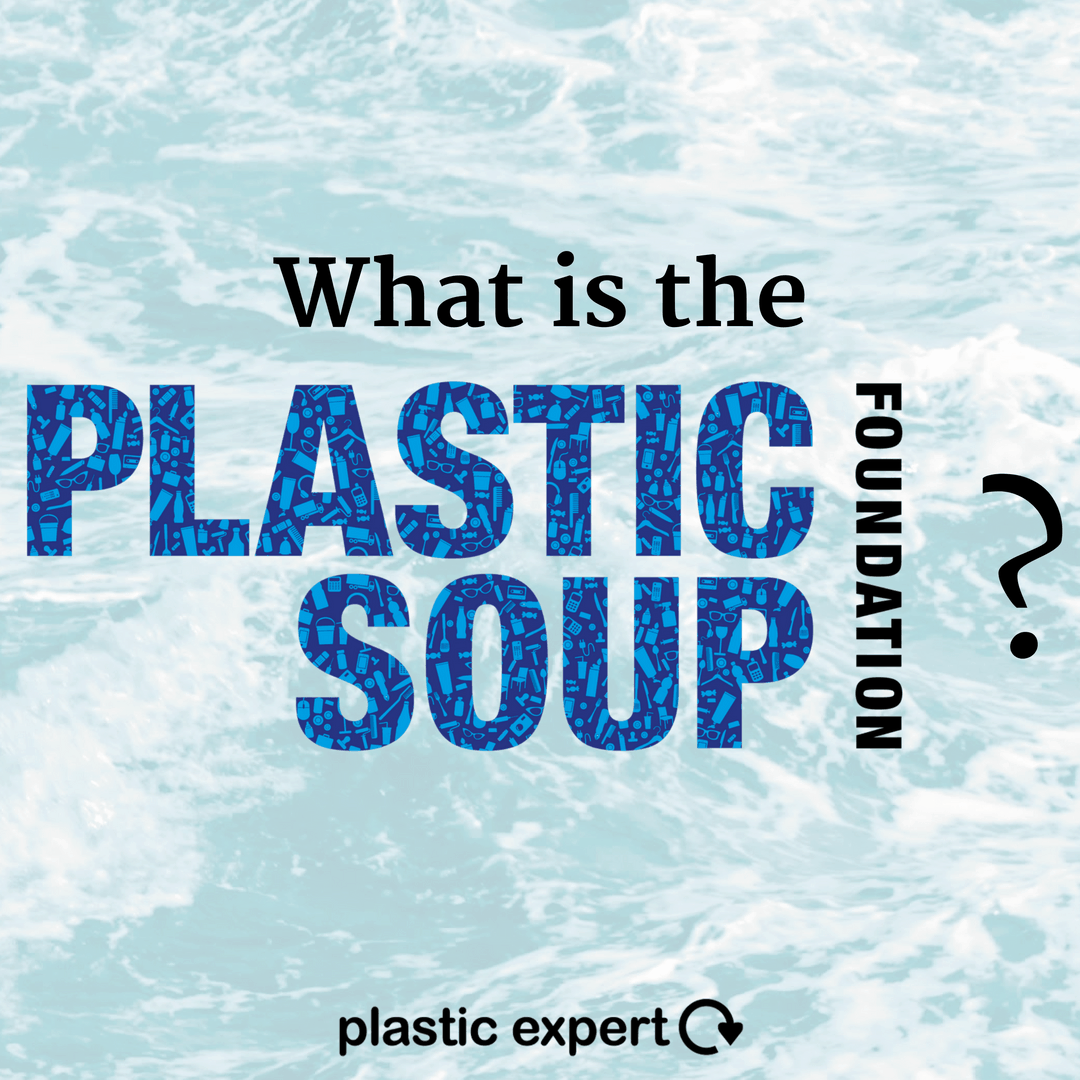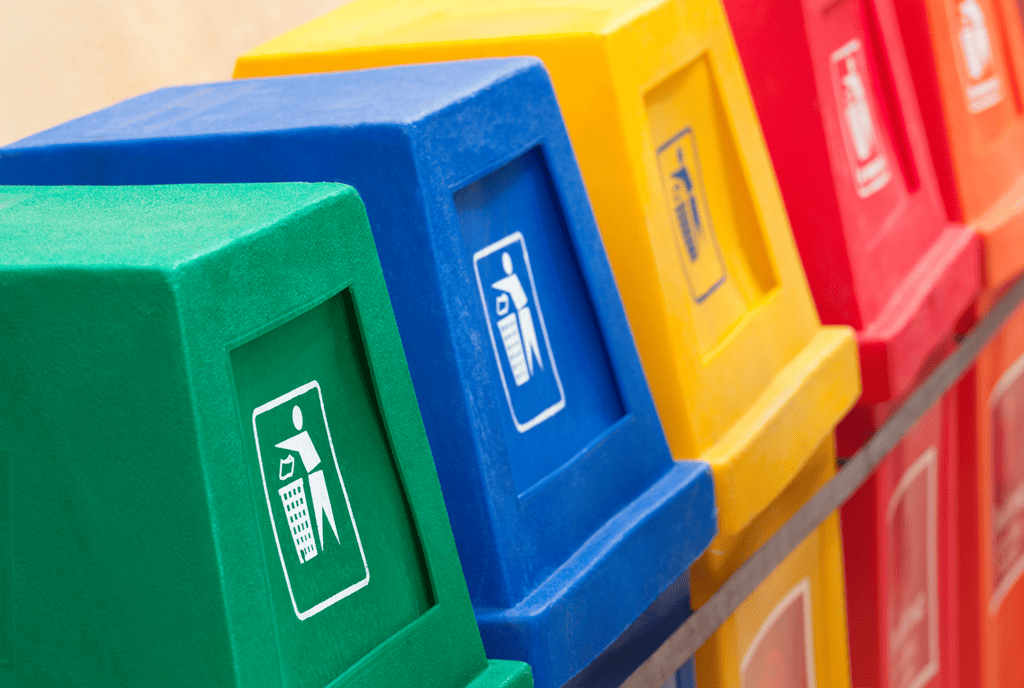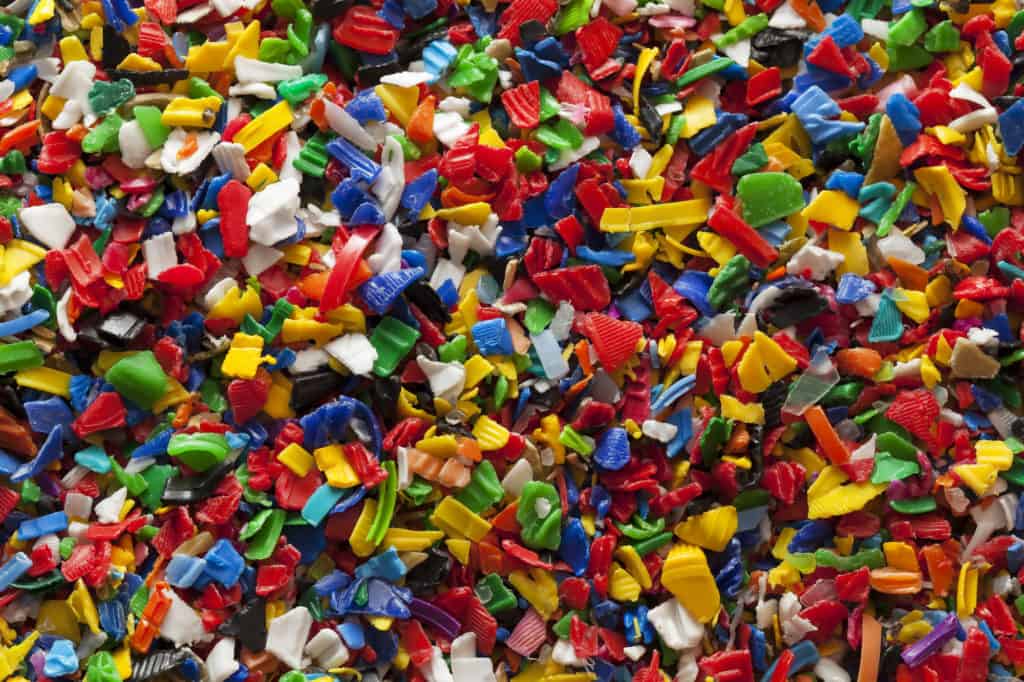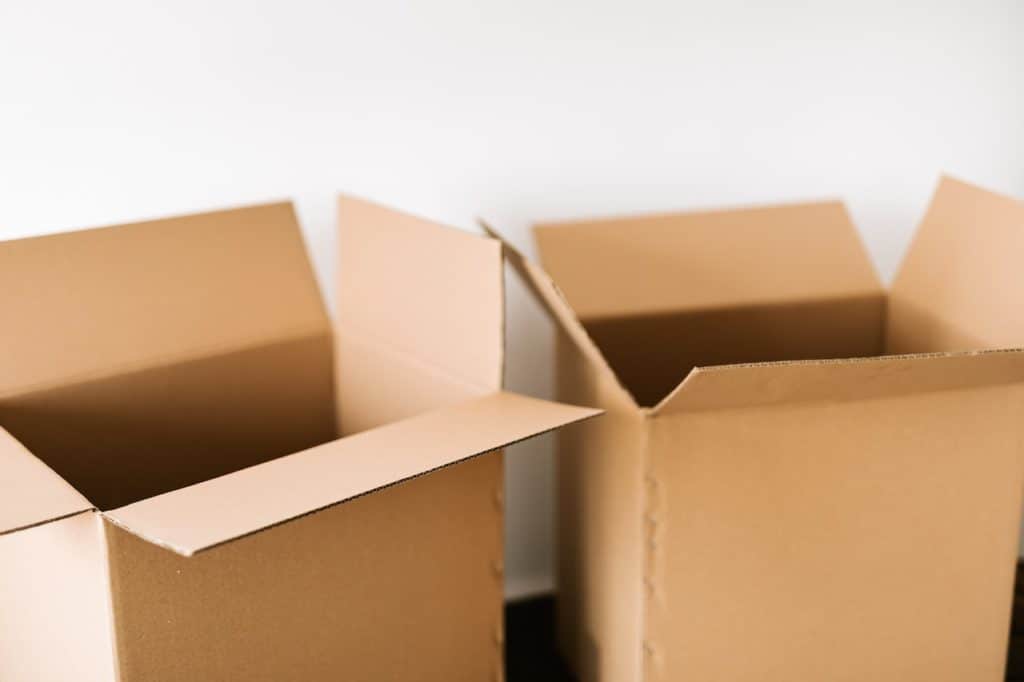What is Plastic Soup?
What does it taste like? Why is there a foundation in its name? What does it stand for?
In this article, we are going to answer all the big questions regarding the Plastic Soup Foundation.
What is the Plastic Soup Foundation?
The Plastic Soup Foundation is a Dutch not-for-profit organisation that seeks to tackle ocean plastics, and the negative side effects of this dirty pollution. Plastic soup = poisonous soup, this is the name they give to ocean plastics, and the result of their breaking down and mixing with the ocean’s water to form a disgusting broth! In their own words, ‘The Plastic Soup Foundation (PSF) wants to bring a halt to the increasing plastic pollution of marine environments. The intent of the PSF is to strongly encourage that no more plastic is dumped or drained into the sea.’
Why is ocean plastic such a problem?
This is how the Plastic Soup Foundation phrase the issue on their website, www.plasticsoupfoundation.org.
“Plastic in ocean environments is deadly for many marine animals. Plastic does not degrade biologically.
As a result of the breakdown and fragmentation of plastic into smaller particles, ocean water has been transformed into a sort of global microplastic soup or Plastic Soup. In addition, toxins are released from the plastic. All sorts of organisms living in or off the sea – even the smallest of zooplankton – mistakenly take in plastic debris and microplastic for food.
This results in the often toxic waste to enter our food chain.
For more than half the world’s population, oceans provide the principal source of food. Plastic marine pollution can be seriously damaging to our health. The origin of most of this pollution is traced to land sources. Plastic waste is dumped by industries and cities and finds its way to the sea via rivers, canals and harbors.”
If you’re interested in the ocean plastic issue, we have written at length about it for more than two years. Here are all of the articles on our website that will provide more information.
Welcome to Trash Island
Welcome to Trash Island : Part Two
Interview with Studio Swine
Interview with Studio Swine: Part Two
Recycle and Community Centre: Chira
Interview with Andy Cummins from Surfers Against Sewage
Interview with Ken Campbell on the issue of marine plastic debris
Sunglasses made from recycled plastic fishing nets
Half of Sea Turtles have eaten plastic
How big is the Beach Plastic issue?
Could ocean micro-plastic be reversed?
Ocean plastic build-up
Ocean cleanup expedition update!
What campaigns have they run in the past?
Well, you see plastic in the ocean is not as simple as it seems, and as well as there being 7 different types of plastic polymer, there are hundreds of different types of plastic product that end up in the oceans, some are more problematic than others. For example, a recent campaign was called ‘Beat the microbead’, aimed at the tiny balls of plastic that are often added to face scrubs and other body cleaning products. These balls end up in the ocean, and are so small that cleaning them up is an almost impossible task. The damage will be hard to undo, and so the campaign is an attempt to get consumers to stop buying products containing microbeads, so that manufacturers stop making them. The US, Canada and the Netherlands are all introducing legislation and making huge progress in phasing out the use of microbeads.
Another campaign was called ‘Ocean Clean Wash’, this was designed to create awareness for the amount of plastic and material fibres that are washed out of clothes, and into the oceans, thanks to the laundry process. The PSF are working with various organisations to find solutions to this issue.
Here are links to some of their campaigns:
Health
Trash Hunters
Sustainable Horticulture
Plastic Urban Mining
Balloons Campaign
Here at Plastic Expert, we try to provide the world with as much clear cut information about plastic, it’s potential for recycling, and the damage it can do to humans, animals and the environment. However, one shouting voice is not enough, it has to be part of something bigger, which is why we are so impressed and moved by the hard work, dedication, fundraising and awareness that the Plastic Soup Foundation are doing.
We encourage you to visit their website. Here are a few pages which you may find very interesting:
Consequences for the environment
Key information
Gyres and Hotspots
Types of Plastic
Thanks for reading, please share this article to help the PSF and ourselves reach a wider audience.








